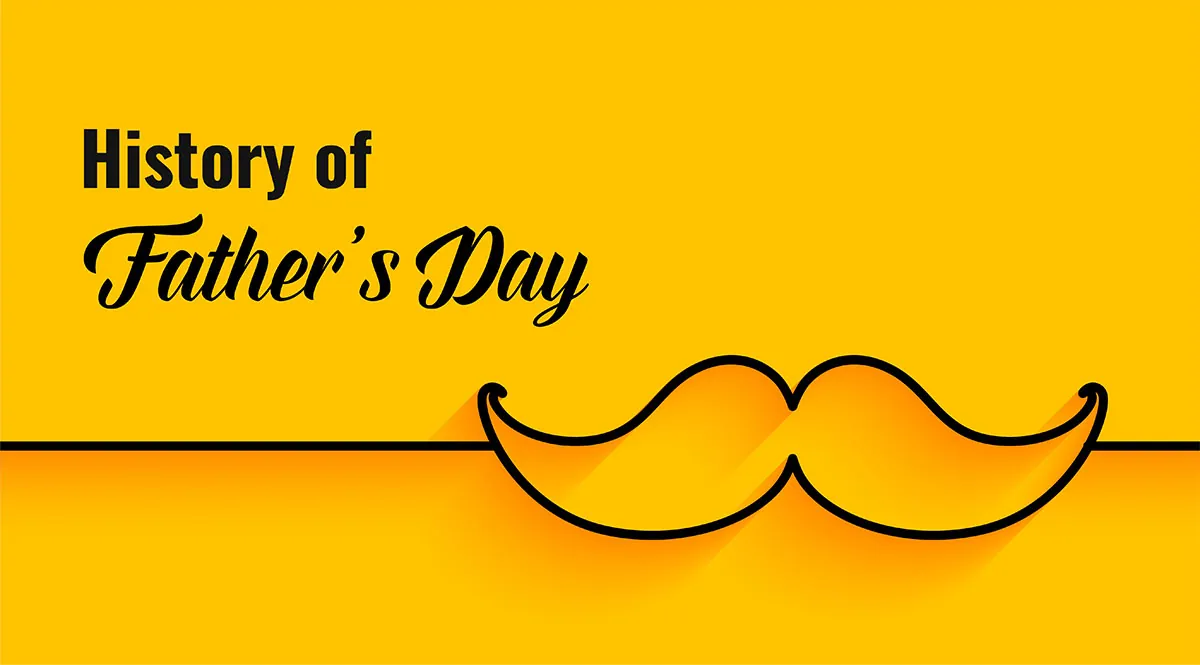The History of Father’s Day
The glorious history of Father’s Day tradition spans decades, weaving a tapestry of love, appreciation, and gratitude for fathers and father figures. This cherished celebration, born out of a desire to honor paternal influence, has evolved over time, touching the lives of countless families worldwide. From its humble beginnings to its widespread recognition, the journey of Father’s Day is a testament to the enduring importance of fathers and the profound impact they have on the lives of their children. Let us embark on a captivating exploration of the glorious history of Father’s Day that has shaped this beloved tradition.
1. Ancient Celebrations of Fatherhood
In ancient civilizations, the concept of honoring fatherhood can be traced back through various customs and festivals. When we explore the history of “Father’s Day”, from the Roman “Festival of Parentalia” to Babylonian celebrations of the father of all gods, Marduk, cultures around the world recognized the importance of fathers and their roles within the family structure.
2. The Early Beginnings of Father’s Day
The modern-day observance of Father’s Day can be attributed to the efforts of individuals who recognized the need to celebrate fatherhood. One notable figure is Grace Golden Clayton, who organized a service to honor fathers who perished in a mining accident in West Virginia in 1908. This event marked an early precursor to what would become Father’s Day.
3. The Influence of Sonora Smart Dodd
In the history of Father’s Day tradition, Sonora Smart Dodd was an influential figure in the establishment and popularization of our beloved event. Her father, William Jackson Smart, a single parent who raised Sonora and her siblings, served as her motivation. Dodd’s persistent advocacy led to the first Father’s Day celebration in Spokane, Washington on June 19, 1910.
4. National and International Recognition
The idea of honoring fathers gained momentum and caught the attention of national leaders. In 1966, U.S. President Lyndon B. Johnson issued a presidential proclamation designating the third Sunday in June as Father’s Day. The holiday was officially recognized as a national holiday in 1972 when President Richard Nixon signed it into law.
5. Global Observance of Father’s Day
While Father’s Day is primarily celebrated on the third Sunday in June in many countries, there are variations in its observance worldwide. Some nations, like Australia and New Zealand, celebrate Father’s Day in September. Others, such as Germany, tie the celebration to religious holidays like Ascension Day.
Honoring Fatherhood with Love and Appreciation
Father’s Day stands as a testament to the enduring love, guidance, and sacrifice of fathers. From ancient customs to the modern-day celebration, this cherished occasion allows us to express our gratitude for the men who have played vital roles in our lives. As we commemorate Father’s Day, let us remember the rich history behind this tradition and honor fathers and father figures with the love and appreciation they deserve.
Father’s Day is not only about celebrating biological fathers but also about acknowledging all those who fulfill the role of a father in someone’s life. Stepfathers, adoptive fathers, and other paternal figures are equally cherished and honored on this day.
Moreover, Father’s Day has evolved over time to reflect the changing roles of fathers in society. It recognizes the importance of fathers as nurturing caregivers, mentors, and role models. It celebrates their dedication, involvement, and positive influence on their children’s lives.
Honoring fatherhood with love and appreciation on Father’s Day strengthens family bonds and fosters a sense of gratitude. It is an opportunity to reflect on the invaluable impact that fathers have on their children’s upbringing and well-being.










